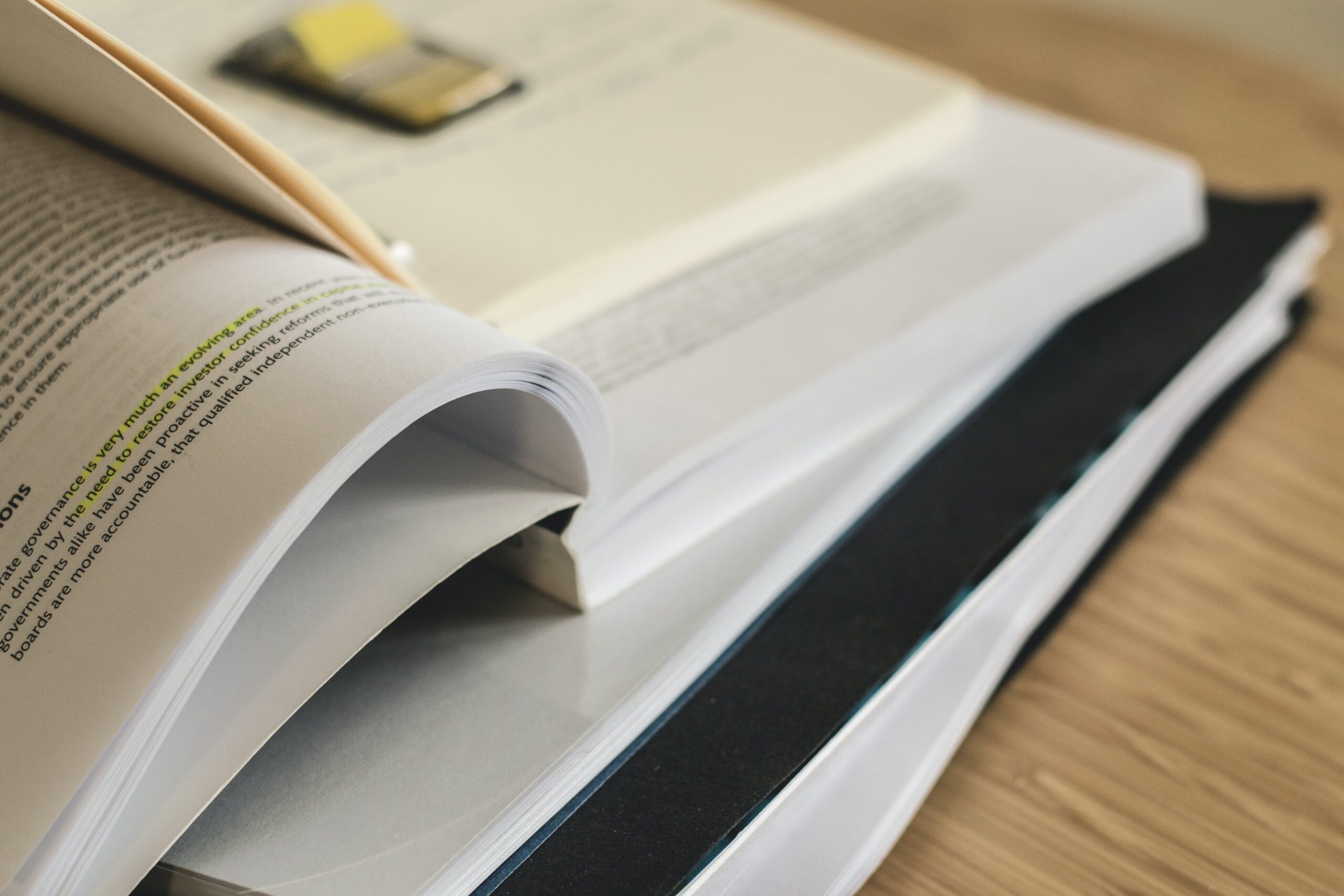Unveiling Financial Freedom: Escaping Property Mortgage Through Property Insurance
Introduction:
Homeownership is often viewed as a cornerstone of financial stability and a symbol of achievement. However, the journey of owning a home comes with its set of financial responsibilities, and chief among them is the mortgage. For homeowners facing unexpected financial challenges, the question arises: Can property insurance be a lifeline to escape the burden of a property mortgage? In this blog post, we explore the dynamics of using property insurance to navigate challenging financial situations and potentially lighten the load of a property mortgage.
Understanding Property Insurance:
Property insurance is designed to protect homeowners from financial losses associated with damage or loss of their property. While it primarily covers events such as fire, theft, or natural disasters, the scope of coverage can vary depending on the specific policy. The potential link between property insurance and a property mortgage lies in the financial protection it offers against unexpected events.
- Coverage for Property Damage:
- Property insurance typically covers damage to the structure of the home and its contents caused by covered perils. This can include incidents like fire, storms, or vandalism.
- Loss of Use Coverage:
- In the event that a covered loss renders the home uninhabitable, property insurance may provide coverage for additional living expenses, such as temporary accommodation.
- Liability Protection:
- Property insurance often includes liability coverage, protecting homeowners from legal and medical expenses in case someone is injured on their property.
Exploring the Intersection of Property Insurance and Mortgage:
- Protection Against Financial Loss:
- Property insurance serves as a financial safety net, offering protection against unexpected events that could lead to property damage. This protection indirectly safeguards the homeowner’s financial standing, potentially preventing the need to dip into savings or incur debt to address repair costs.
- Preservation of Home Equity:
- Home equity, the difference between a property’s market value and the outstanding mortgage balance, is a valuable asset. Property insurance helps preserve home equity by covering repair costs and preventing the erosion of the property’s value due to damage.
- Mitigating Mortgage Default Risk:
- For homeowners facing financial challenges, property insurance can play a role in mitigating the risk of mortgage default. By ensuring that the property remains adequately protected, homeowners are better positioned to meet their financial obligations.
- Navigating Unforeseen Financial Challenges:
- Life is unpredictable, and financial challenges can arise unexpectedly. Property insurance provides a layer of financial security, allowing homeowners to navigate unforeseen circumstances without jeopardizing their ability to meet mortgage obligations.
Considerations and Best Practices:
- Policy Review:
- Regularly review your property insurance policy to ensure it provides adequate coverage for potential risks. Consider adjusting coverage limits or adding endorsements if necessary.
- Emergency Fund Planning:
- While property insurance offers financial protection, having an emergency fund is crucial. An emergency fund can act as a supplement to cover deductibles or expenses not covered by insurance.
- Communication with Insurer:
- In the event of a covered loss, open communication with the insurance provider is essential. Promptly report incidents and work closely with the insurer to facilitate a smooth claims process.
- Financial Counseling:
- If facing financial difficulties, consider seeking advice from a financial counselor or mortgage advisor. They can provide insights into available options, including potential assistance programs or loan modifications.
Conclusion:
Property insurance serves as a pillar of financial security for homeowners, offering protection against unforeseen events that could jeopardize their property and financial well-being. While property insurance is not a direct mechanism for escaping a property mortgage, its role in mitigating financial risks can indirectly contribute to financial stability. As homeowners navigate the complexities of homeownership, understanding the dynamics of property insurance and its potential impact on their mortgage obligations is a key aspect of building a resilient and secure financial future




